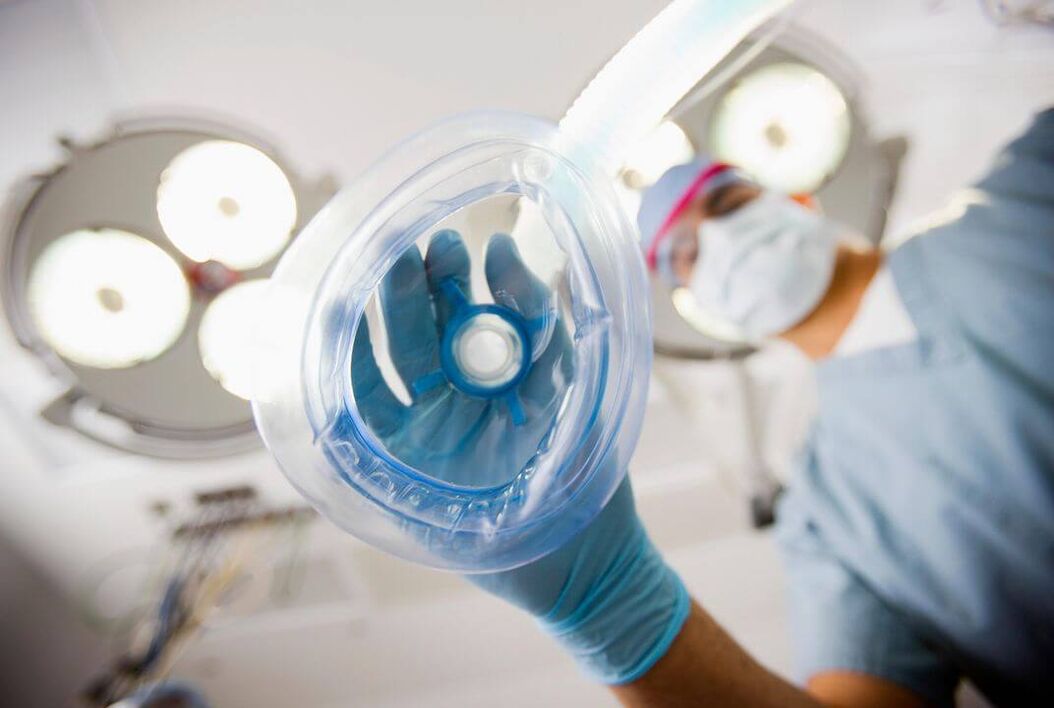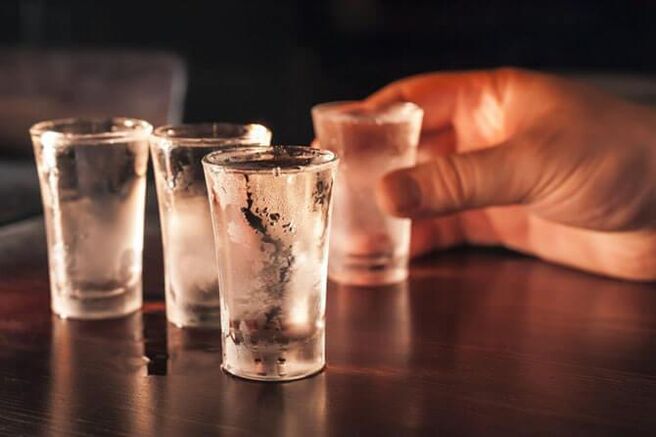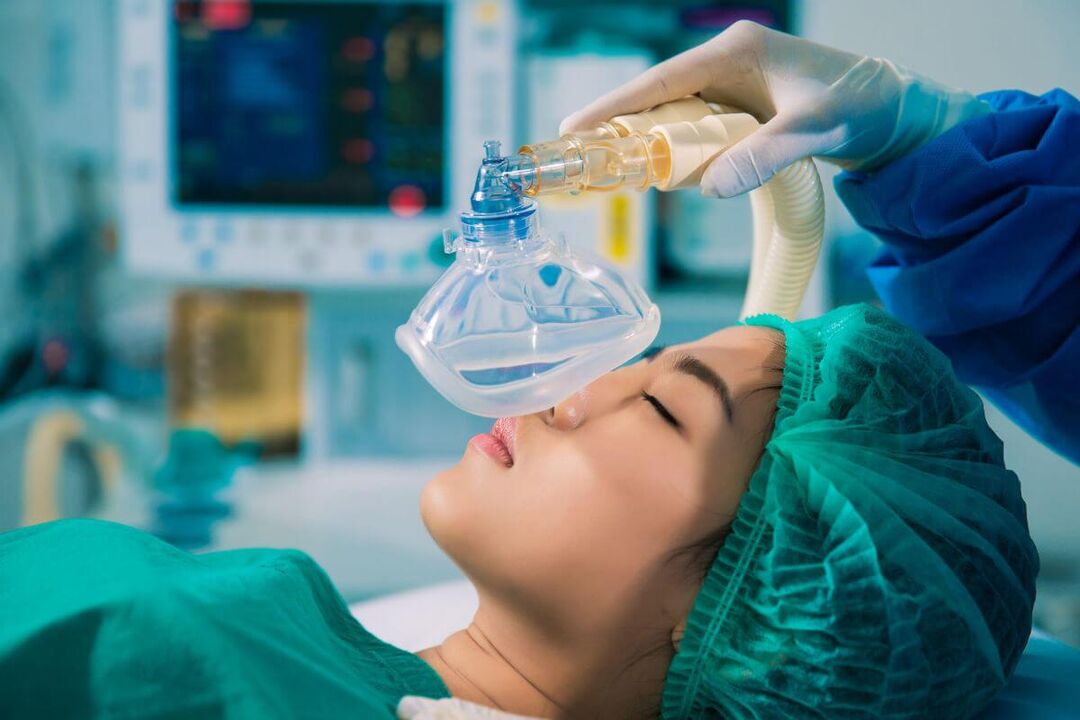
A surgical operation is a set of effects on tissues, human organs, performed by a doctor for the diagnosis, treatment or correction of bodily functions. Depending on the urgency, they are: urgent (in the event of an emergency in the name of saving the patient's life), urgent (requiring an intervention within 48 hours), planned. By nature: radical, palliative, symptomatic.
The purpose of surgical intervention of the first two types is the complete or partial elimination of the cause of the pathological process, and the third is to alleviate the patient's condition.
Can I drink alcohol 10 days after the operation? Should I abstain from drinking alcohol before the operation? How does alcohol affect anesthesia? Let's consider in more detail.
The danger of alcohol in the postoperative period
Ethyl alcohol weakens the human immune system, which has a negative impact on the effectiveness of the surgeon's intervention. In addition, most operations, including laparoscopy, are performed under anesthesia, which, in combination with alcoholic beverages, increases the load on the heart and blood vessels, which can lead to death.
Often, to prevent the appearance of inflammations and infections in the tissues damaged by a scalpel, patients are prescribed (for prophylactic purposes) antibiotic therapy, which excludes the possibility of drinking alcohol. Beer is also on the list of prohibited drinks because it causes fermentation which slows the healing of wounds and tissues.

After surgical interventions, the immune status decreases, which can provoke an exacerbation of chronic diseases, provoke the appearance of hidden pathologies.
Alcohol after surgery disrupts blood clotting, leading to an increased risk of uncontrolled internal bleeding that is life-threatening to the patient.
Remember that no matter how much alcohol the patient takes after anesthesia, the depressive processes of the central nervous system are still triggered, which can lead to confusion, respiratory failure and hallucinations.
Alcohol thins the walls of blood vessels, destroys liver cells, irritates the mucous membranes of the digestive tract, overloads the heart.
How much can you drink?
The minimum period limiting the consumption of alcoholic beverages is 30 days after the surgical treatment.
Abstinence from alcohol before surgery
As in the case after surgical treatment and before it, alcohol is prohibited. A characteristic feature of the preoperative period is the passage of the necessary laboratory diagnostics, including the study of the patient's urine, ECG and blood. In the case of drinking alcoholic cocktails, the results become unreliable, which distorts the real clinical picture, can lead to fatal errors in the diagnosis and decision on surgical intervention.
In addition, serious severe operations on the myocardium, veins are performed exclusively under anesthesia. If a patient has seriously abused alcohol a few days before the introduction of anesthesia, the effect of the drug may become unpredictable. For example, a standard dose of anesthetic is not enough, therefore, a person can recover before the end of the operation, while others, on the contrary, receive too much, an overdose occurs, which leads toinhibition of the respiratory or cardiovascular system.
In order to avoid the development of the above complications, you should refrain from drinking alcohol for at least a week before surgical treatment.
Alcohol and anesthesia

Anesthesia is the loss of tissue sensitivity for a short time under the influence of anesthetic agents. Such drugs block the transmission of nerve impulses, due to which the signals do not reach the brain, which means that the body's response to irritation in the form of pain is also absent.
Local anesthesia lasts another 2. 5 hours after the operation. However, when drinking alcohol, the anesthetic effect of the drug instantly disappears, a sharp attack of pain develops, which cannot be muffled even with painkillers.
The situation is much more complicated with general anesthesia used for abdominal surgery, when the body needs to be protected from shock and pain.
After recovery from anesthesia, the following complications may occur:
- headache;
- nausea;
- weakness or tightness in the muscles;
- discomfort in the throat;
- clouding of consciousness;
- drop in blood pressure;
- hallucinogenic delirium.
Why not drink alcohol after anesthesia?
Such a combination can lead to the occurrence of such critical states as anaphylactic shock, nervous disorders. The waiting time for anesthetic drugs depends on the type of drug, its dose and the patient's health condition. As a rule, the main part leaves the body within a day after the operation, and the residual part within 2-3 days.
Rehabilitation after surgeries
Any surgical intervention leads to a weakening of the protective functions of the organism. The rehabilitation period for people who abuse alcohol in everyday life will be more difficult than for patients who adhere to a healthy lifestyle, since the healing of "alcoholic" tissues takes longer.

Recommendations after surgery:
- After abdominal surgery, you should not eat for the first 2-3 days. You can get up in a day, gradually increasing the load, walking more. This will speed up the return of the body to its usual environment. Alcohol should not be drunk for a month.
- After coronary artery bypass grafting (CABG), eliminate bad habits, regularly measure blood pressure, count pulse, determine the presence of edema, do not create a load on the heart (do not go to the sauna, do not planlong walks, giving up intense physical effort). CABG does not cure people with coronary heart disease, it is only used as a symptomatic therapy. The bridged patient must follow a lifelong diet that limits the intake of salt, animal fats, alcohol, and carbohydrates. At the same time, the emphasis in nutrition is on proteins, plant foods.
- After surgery on the shoulder and hip joint, involving the complete replacement of diseased cartilage and bone with artificial material, the patient is given intravenous solutions, antibiotics to maintain the water-salt balance andpainkillers. In order to avoid a negative reaction of the body, alcoholic beverages are prohibited. After the endoprosthesis, physiotherapy exercises are prescribed, which exclude overloading the operated leg and arm.
- After the removal of the gallbladder, it is forbidden to drink alcohol for the rest of your life.
- After eye surgery, cataract removal, alcohol should not be drunk for at least 3 months. During the rehabilitation period, patients are prescribed nonsteroidal anti-inflammatory drugs (NSAIDs), which are incompatible with alcohol.
- After spinal surgery, the patient is prescribed painkillers, NSAIDs, which, when interacting with ethanol, increase the risk of developing gastrointestinal bleeding and ulcers. In addition, alcohol reduces the effect of drugs that improve microcirculation, overloads the liver, which leads to disruption of metabolic processes in the body, which leads to dystrophic and degenerative changes in intervertebral discs.
After a varicocele operation, a man must lie down on the first day. On the second day you can start moving. Walking increases blood flow and prevents constipation. To relieve pain, a cold compress is applied to the sore spot for 15 minutes.
Exit
Surgical intervention on any tissues and organs always leads to the appearance of postoperative edema. Alcoholic beverages are prohibited during this time. The fact is that alcohol accelerates blood circulation, which can increase swelling, worsen the condition of fresh stitches. In addition, ethyl alcohol gives a negative reaction with anesthetic, analgesic, nonsteroidal anti-inflammatory drugs. As a result, the body may behave in unusual ways.
The period of abstinence from alcohol consumption before surgery is at least 10 days, and after - from 1 to 6 months. At the same time, in some cases (when the gallbladder is removed), a lifetime ban is imposed on the consumption of strong drinks.































